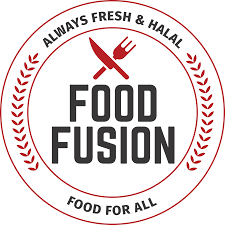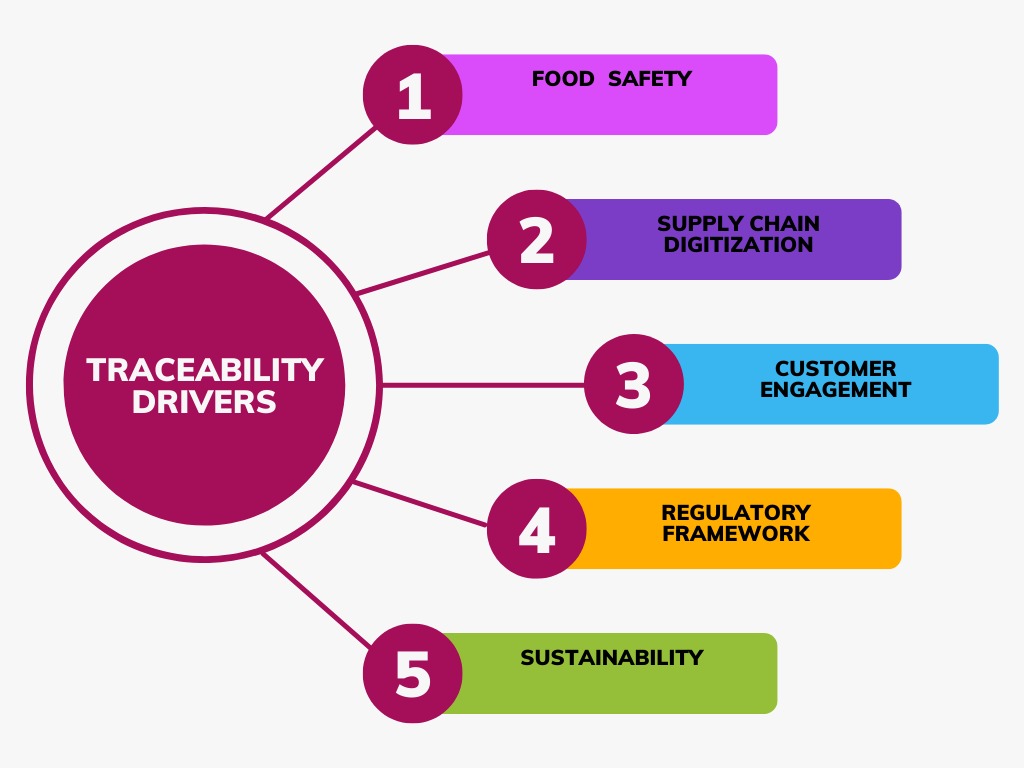Introduction:
In an era of globalized food production, consumers are increasingly concerned about the origins of the foods they consume. Country of Origin Labeling (COOL) is a regulatory requirement that provides transparency in the food supply chain by disclosing the source of a product’s ingredients or components. Let’s delve into the significance of COOL and its role in empowering consumers to make informed decisions about the foods they purchase.
Understanding Food Labeling: What Consumers Need to Know
Country of Origin Labeling (COOL) is more than just a sticker on a package—it’s a window into the journey of our food from farm to table. Here’s what consumers need to know about COOL:
Enhancing Transparency
COOL promotes transparency by informing consumers about the geographic origin of the foods they purchase. By providing clear labeling, COOL enables consumers to make informed choices based on factors such as food safety, environmental impact, and support for local economies.
Empowering Consumer Rights
COOL empowers consumers to exercise their right to know where their food comes from. Armed with information about the country of origin, consumers can make purchasing decisions aligned with their values, preferences, and dietary needs.
Ensuring Regulatory Compliance
COOL is subject to regulatory standards established by government agencies such as the USDA (United States Department of Agriculture) and the FDA (Food and Drug Administration). These standards ensure that labeling requirements are met and that consumers receive accurate and reliable information about the origin of their food.
Promoting Food Safety
COOL plays a crucial role in promoting food safety by enabling traceability throughout the supply chain. In the event of a foodborne illness outbreak or contamination issue, COOL facilitates rapid identification of the source, allowing for targeted recalls and containment measures.
Supporting Local and Domestic Producers
COOL fosters support for local and domestic producers by highlighting the origin of products. Consumers who prioritize buying locally sourced or domestically produced foods can easily identify and choose products that align with their preferences, thereby supporting local economies and agricultural communities.
Facilitating Ethical and Sustainable Choices

COOL enables consumers to make ethical and sustainable choices by providing information about the environmental and social impact of their food purchases. By opting for products with transparent sourcing practices, consumers can support ethical farming practices, fair labor standards, and environmental stewardship.
Driving Market Accountability
COOL encourages market accountability by promoting fair competition and discouraging deceptive practices. With transparent labeling, consumers can hold food producers and retailers accountable for their sourcing practices, encouraging greater integrity and responsibility within the food industry.
FAQs
Why is Country of Origin Labeling (COOL) important?
COOL is important because it provides transparency in the food supply chain, empowering consumers to make informed choices about the foods they buy. By disclosing the origin of a product’s ingredients or components, COOL promotes food safety, supports local economies, and facilitates ethical and sustainable choices.
Are all foods required to have Country of Origin Labeling (COOL)?
Not all foods are required to have COOL. The labeling requirements vary depending on factors such as the type of food, the mode of production, and the regulatory standards of the country in which the product is sold.
How can consumers benefit from Country of Origin Labeling (COOL)?
Consumers can benefit from COOL by gaining access to information about the geographic origin of the foods they purchase. This enables them to make informed decisions based on factors such as food safety, environmental impact, and support for local economies.
Does Country of Origin Labeling (COOL) impact food prices?
While COOL may have some administrative costs associated with compliance, its overall impact on food prices is minimal. The benefits of transparency and consumer confidence outweigh any potential cost implications.
Can Country of Origin Labeling (COOL) help prevent food fraud?
Yes, COOL can help prevent food fraud by enabling traceability throughout the supply chain. By disclosing the origin of ingredients or components, COOL facilitates accountability and transparency, making it more difficult for fraudulent practices to go undetected.
Is Country of Origin Labeling (COOL) mandatory in all countries?
No, COOL is not mandatory in all countries. The requirements for COOL vary depending on the regulatory standards and policies of individual countries. Some countries have implemented mandatory COOL laws, while others have voluntary labeling schemes.
Conclusion
Country of Origin Labeling (COOL) is a fundamental aspect of food labeling that promotes transparency, consumer rights, and regulatory compliance in the food supply chain. By disclosing the origin of ingredients or components, COOL empowers consumers to make informed choices about the foods they purchase, supporting food safety, local economies, and ethical and sustainable practices.


